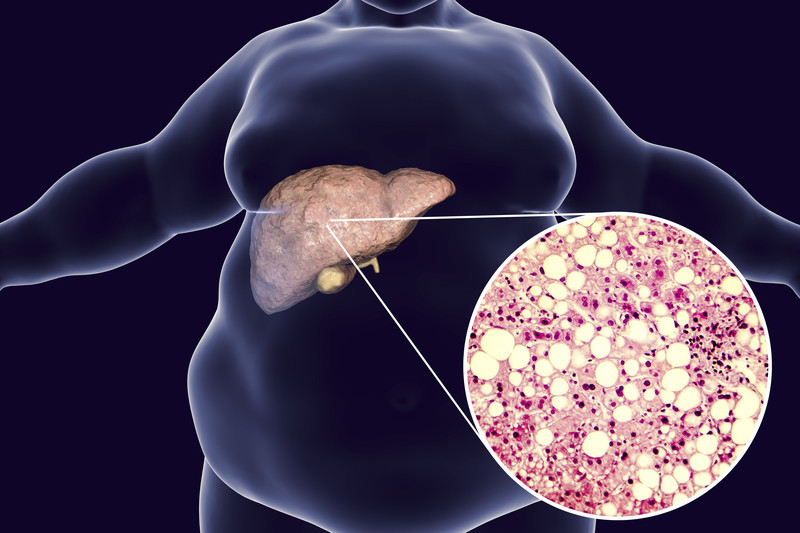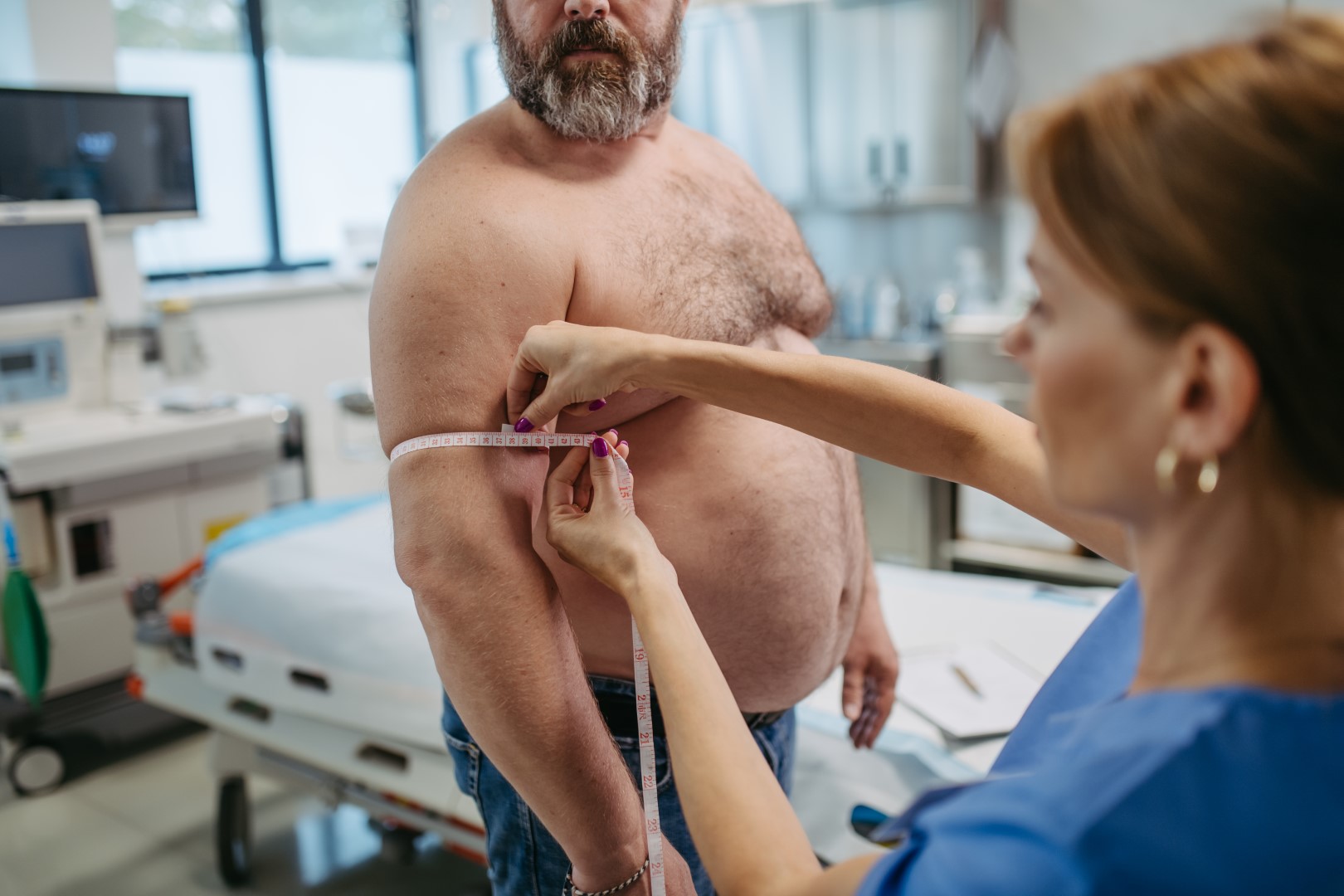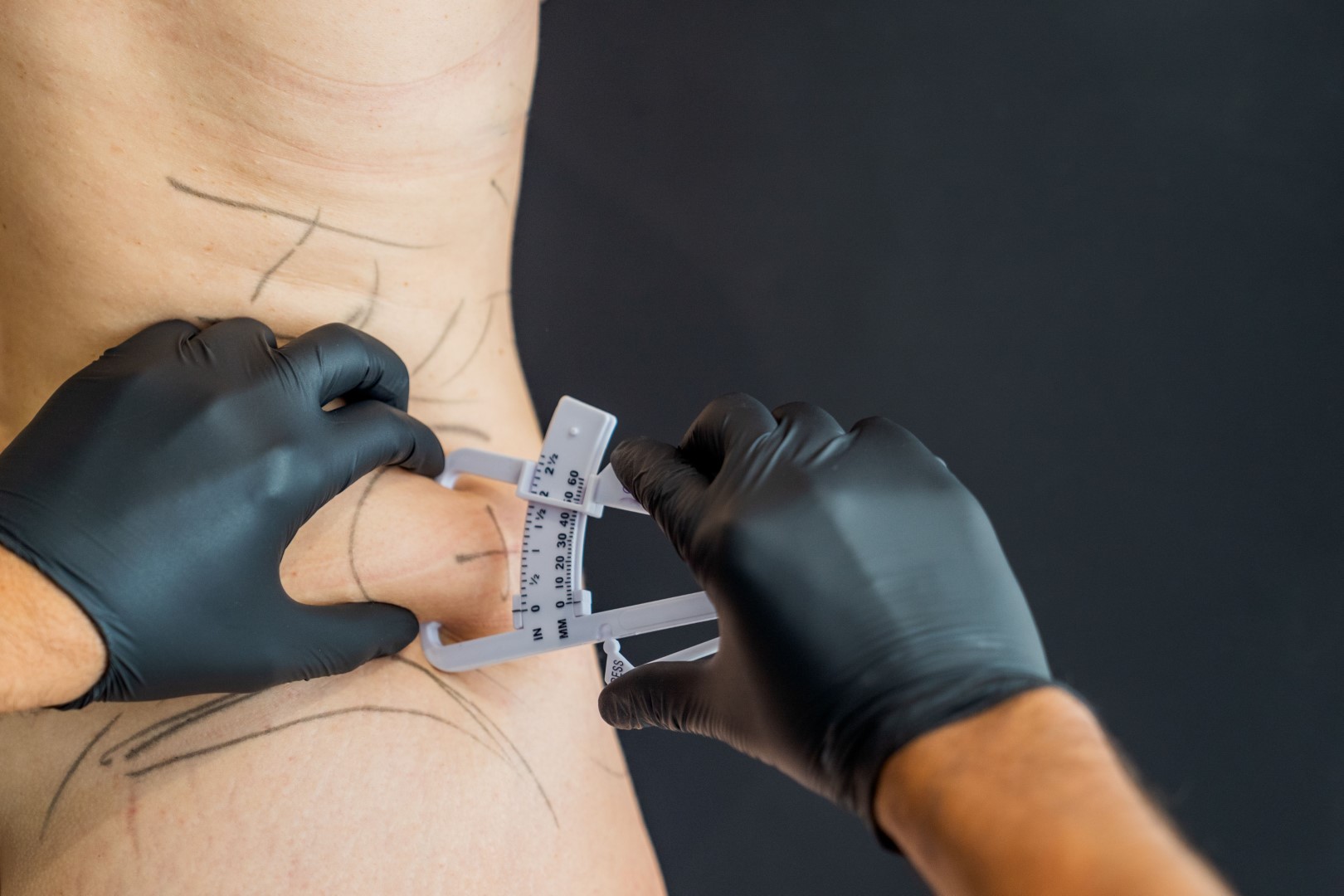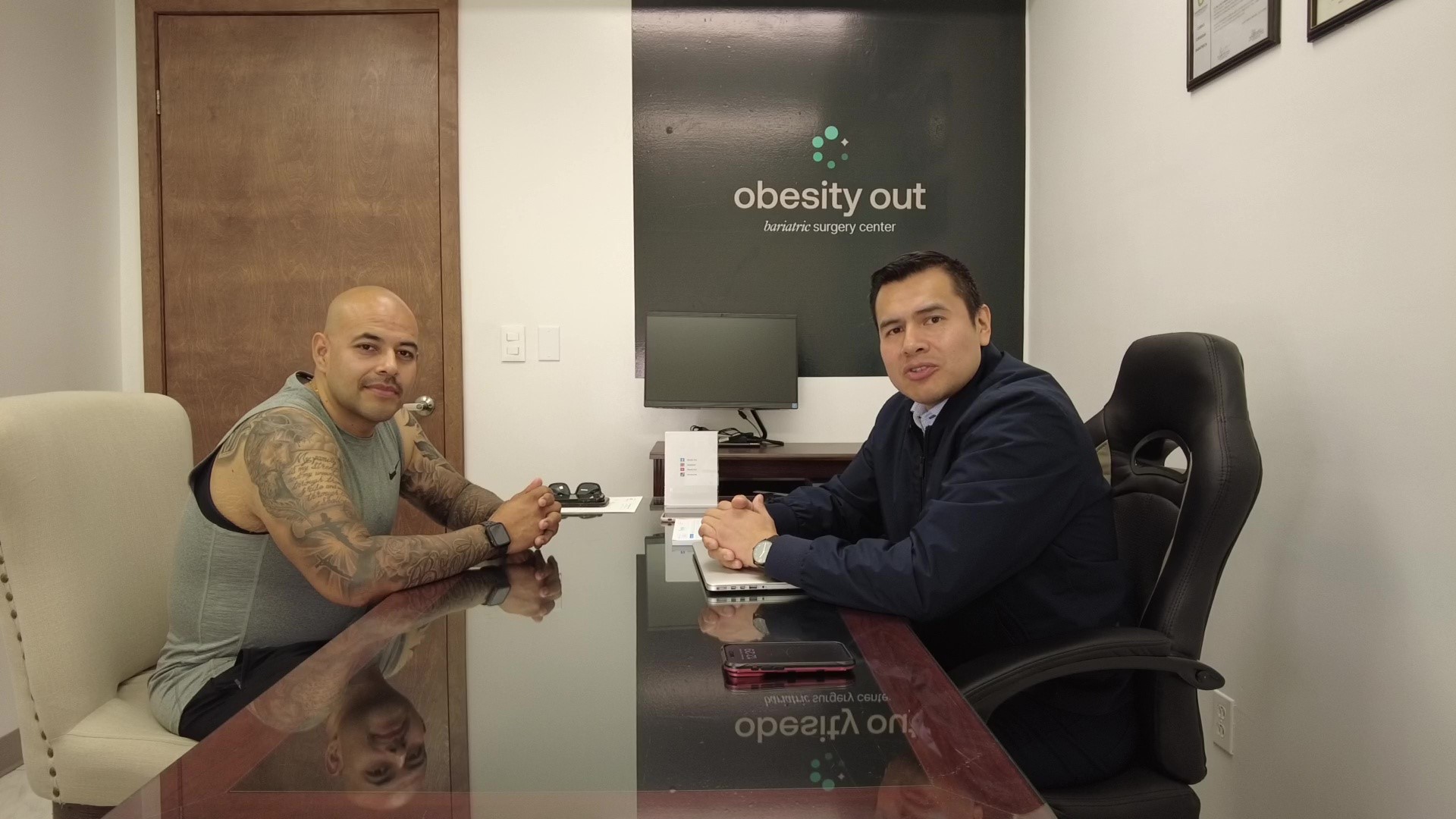In a world where the obesity and its complications are a growing concern, the bariatric surgery has emerged as an effective solution to improve the health and quality of life of those affected. The Bariatric Surgery at Obesity Out has helped our patients experience significant transformations both physically and emotionally. In this blog post, we will explore how the bariatric surgery not only addresses the problem of obesity, but it can also alleviate two common but serious conditions: the gastroesophageal reflux (GERD) and hepatic steatosis, also known as hepatic steatosis. fatty liver.
Dr. Luis Cano and his team at Obesity Out are committed to providing comprehensive solutions for obesity and its complications. Through expertise and dedication, they are transforming lives by addressing not only the physical symptoms, but also the underlying concerns that affect patients' overall health.
In this introduction, we will explore how the bariatric surgery can be an effective tool for relieving reflux and fatty liver disease, giving patients new hope and a better quality of life.
Gastroesophageal Reflux Disease (GERD) and Bariatric Surgery
The gastroesophageal reflux (GERD) is a common condition that affects many people with obesity. It is characterized by the backflow of stomach contents into the esophagus, which can cause symptoms such as heartburn, acid regurgitation and chest pain. Obesity is a significant risk factor for the development of GERD, as excess weight can put pressure on the abdomen and increase the likelihood of stomach acid leaking into the esophagus.
The bariatric surgeryas the gastric bypass and the gastric sleevecan provide significant relief from GERD by reducing the size of the stomach and modifying the anatomy of the gastrointestinal tract. By reducing pressure on the abdomen and decreasing the amount of stomach acid produced, these surgical interventions can help control GERD symptoms and improve patients' quality of life.
The Dr. Luis Cano and his team at Obesity Out have consistently observed improvements in GERD in patients undergoing bariatric surgery. Many patients experience a significant reduction in heartburn and acid regurgitation symptoms after surgery, allowing them to lead a more comfortable life without digestive discomfort.
Importantly, bariatric surgery not only treats the symptoms of GERD, but also addresses the underlying cause by addressing obesity. By helping patients to lose weight and improve their overall health, the bariatric surgery can have a positive impact on multiple aspects of health, including gastroesophageal reflux.

The Role of Bariatric Surgery in Hepatic Steatosis (Fatty Liver Disease)
Hepatic steatosis, commonly referred to as fatty liveris another condition that may be closely related to the obesity and can be significantly improved with the bariatric surgery. This condition is characterized by the accumulation of fat in the liver, which can lead to inflammation and liver damage if left unchecked.
The bariatric surgerya, by promoting a weight loss and changes in metabolism, can have a positive impact on fatty liver. By reducing the amount of body fat and improving insulin sensitivity, the bariatric surgery can help reduce the accumulation of fat in the liver and prevent the progression of hepatic steatosis to more severe forms of liver disease, such as non-alcoholic steatohepatitis (NASH) or cirrhosis.
The Dr. Luis Cano and his team at Obesity Out at Tijuana significant improvements in hepatic steatosis have been observed in patients who have undergone bariatric surgery. Many patients experience a reduction in liver fat levels and an improvement in liver function tests after surgery, indicating a decrease in inflammation and stress on the liver.
Importantly, bariatric surgery not only treats the symptoms of fatty liver, but also addresses the underlying cause by helping patients lose weight and improve their overall health. By reducing the risk of liver complications and improving liver function, bariatric surgery can play an important role in the management and treatment of fatty liver.
Long-Term Impact on Digestive Health
The long-term impact of the bariatric surgery on digestive health is significant and positive. After undergoing this type of intervention, patients often experience improvement in a variety of digestive conditions, which contributes to their overall well-being.
One of the most notable benefits of bariatric surgery is the reduction or even complete remission of gastroesophageal reflux (GERD). The Dr. Luis Cano and his team at Obesity Out have observed that many patients experience a decrease in GERD symptoms after surgery because of the weight loss and changes in the anatomy of the gastrointestinal tract. By reducing the pressure on the stomach and the lower esophageal sphincter, the bariatric surgery can help prevent acid regurgitation and other symptoms associated with GERD, thus improving the patient's quality of life.
In addition, bariatric surgery can have a positive impact on other digestive conditions, such as inflammatory bowel disease (IBD) and gastrointestinal disease (GERD). nonalcoholic fatty liver disease (NASH). Weight loss and changes in the composition of the gut microbiota may help reduce inflammation and improve overall digestive tract health.
It is important to note that the bariatric surgery is not a quick fix for digestive problems, but an important step on the road to better health. Patients should follow the recommendations of their medical team and adopt healthy lifestyle habits to maximize the long-term benefits of bariatric surgery on their digestive and overall health.
To conclude, the bariatric surgery represents a valuable tool in the treatment of gastroesophageal reflux (GERD) and the hepatic steatosis (fatty liver), providing patients with an opportunity for a significant and lasting inner transformation.
Thanks to the advances in surgical techniques and the experience of professionals such as the Dr. Luis Cano from Obesity OutWith bariatric surgery, patients can experience significant improvements in their quality of life and digestive health after undergoing this procedure. The weight reduction and changes in gastrointestinal anatomy resulting from bariatric surgery help alleviate GERD symptoms and improve liver function, allowing patients to lead fuller and healthier lives.
However, it is important to note that the bariatric surgery is not a one-size-fits-all solution for all digestive health problems. It requires an ongoing commitment by patients to adopt healthy lifestyle habits, including a balanced diet and regular exercise, to maintain long-term results.
Ultimately, the bariatric surgery offers patients the opportunity to transform their physical and emotional health, allowing them to enjoy a fuller and more active life. With the right support and personal commitment, patients can overcome the challenges associated with GERD and fatty liver disease and live a life free from the limitations imposed by these medical conditions.






